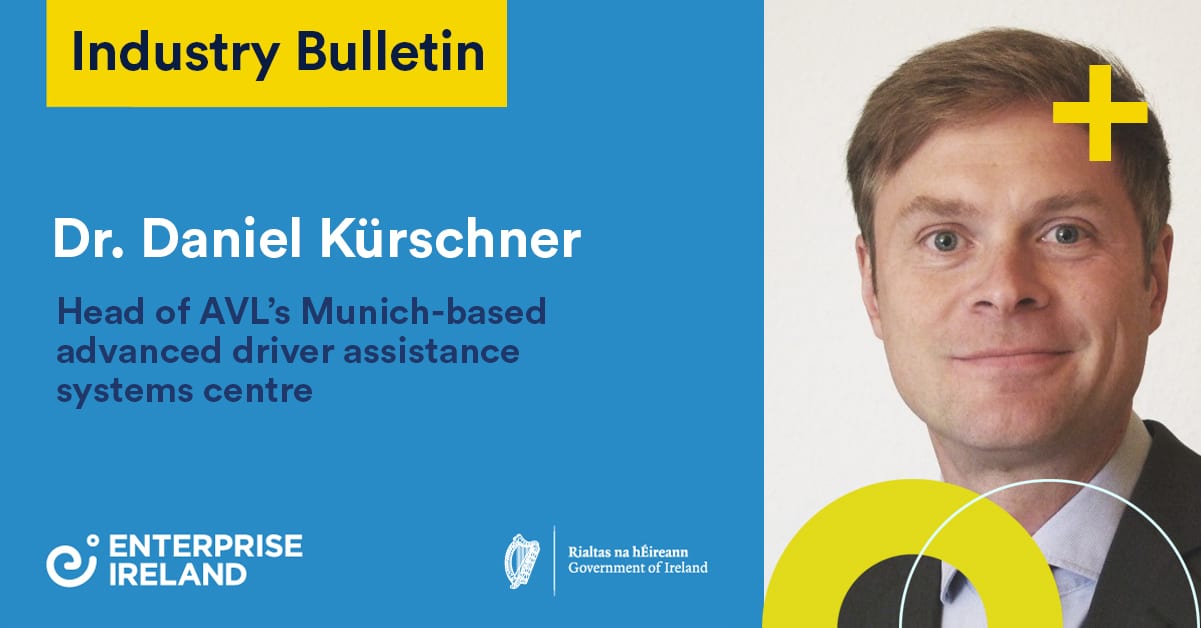Creating a buzz in the drinks market
Irish alcoholic beverage brand Beekon Batches are growing as a business and have not let the lockdown be a buzzkill
“When Covid-19 hit we had to get over our two weeks of thinking ‘do we have any business left, most of our sales were in bars, restaurants and hotels’,” says Karen O’Neill, founder of Beekon Batches. “We quickly got over the shock, pulled ourselves together and hatched a plan! “We couldn’t let it pull us down, so we decided to pivot the business online going direct to consumers whilst also strengthening our retail presence.”
Entrepreneur Karen alongside her wife and business partner Helen Kennedy are the brains behind Beekon Batches, an Irish-made honey-based, all-natural alcoholic beverage launched just last year. Karen, having been involved in the drinks trade for 20 years, realised people’s attitudes were changing on what they consumed. All-natural products, free from additives and preservatives, were growing in populatiry and saw the opportunity to create something new.
Beekon Batches is a “honey refresher” and is made with the love of all things bees. It’s created from honey infused with natural ingredients such as fresh lime and ginger, and has an alcohol content of 5%.
Having just started on the Enterprise Ireland, Bord Bia and Teagasc accelerator programme called Food Works, the Covid-19 crisis hit, and their business hit a proverbial wall due to having limited retail presence.
“We are one of the classic, positive pivot online stories as we managed to be successful with our online business and growing our retail footprint.A lot of that is based on the support, the resources and help we received from the Food Works programme.” says Helen
Helen says, “, When Covid hit, Food Works kicked in with a comprehensive, all encompassing program of support tailored to each participating business. This was facilitated online right after we went into lockdown. I have gained invaluable business and management insights across the whole business.”
Everyone on the programme is going through the same thing together so Helen says that every week everyone goes out to buy a product from another business on the programme. “There is a lovely level of support and comradery there.”
A hive of activity
Karen says that from being anxious at the beginning of the crisis, today she is amazed at how phenomenally well their business has taken off .
“The combination of our new store listings such as SuperValu & Molloys Off licence stores, our online direct to consumer sales and our existing listings that have continued to support us means that we are delivering double the revenue than we were pre-Covid, ,” says Karen. “Our customers and members of the trade have really rallied around us and our story in particular. That is the fact that we are women with a brand-new product, trying to break down the gender bias in a very male-dominated drinks industry. Consumers too are responding very positively, they are craving something new, particularly at this time and Beekon offers them just this, something different and exciting.
“Everything we do is different to anything else on offer right now. Our drink is new, our packaging is textured and fun, and the locations where we sell are based on demand. We always ask our community where they want us to stock and we try to make that happen.”
Because of this support, one of the ways Beekon Batches has been able to give back is by supporting the bees. They do this with their bee pollinator programme. Wherever Beekon is sold, the business tries to do something to help the bees. For example, providing wildflower bee bombs to deploy wildflower seeds, and providing bee hotels where bees can make their nests.
“Last summer we partnered with Airfield Estate to allow bar and store staff to undertake full immersive bee experiences to heighten the awareness and effect behaviour changes to help support the bees. I think the trade really loves what we do here as it’s meaningful and impactful with its intention.”
The future looks very bright for Beekon Batches, so what does Karen see for the future of the business?
Karen says, “We want the drink to be universally sold in Ireland and then internationally. Consumers are becoming more conscious about what they’re consuming these days and about their own influence on sustainability, so another goal is for everyone to buy with this in mind. Our product can be the thing people choose to make a difference in the world and that’s an amazing feeling.”
Learn how your food business can develop and accelerate its growth with the Food Works program





 AVL is the world’s largest independent company for the development, simulation and testing of powertrain systems for passenger cars and commercial and industrial vehicles and is directly exposed to the deepest and most rapid business downturn in the history of the automotive industry. Dr. Daniel Kürschner, Head of the Company’s Munich-based advanced driver assistance systems (ADAS) centre, remains optimistic, however.
AVL is the world’s largest independent company for the development, simulation and testing of powertrain systems for passenger cars and commercial and industrial vehicles and is directly exposed to the deepest and most rapid business downturn in the history of the automotive industry. Dr. Daniel Kürschner, Head of the Company’s Munich-based advanced driver assistance systems (ADAS) centre, remains optimistic, however.










